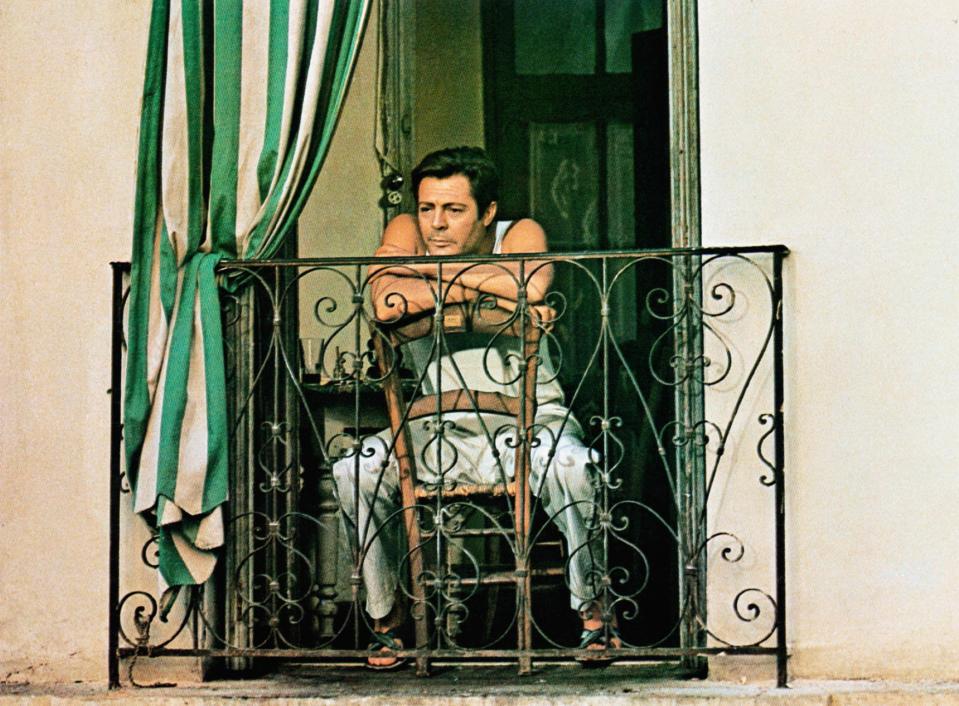How Coronavirus Has Warped the Dying Process
Many of doctor Leah McDonald’s friends have no idea why she chose the specialty she did. Of all the options available to her—emergency, surgery, dermatology, maybe pediatrics—she chose the one thing nobody (not even doctors) wanted to talk about: Death. McDonald is a fellow in hospice and palliative medicine, which means she’s the person who walks into a terminally ill patient’s room and asks, “How would you like to die?” Not in so many words, of course, but that's the gist. Her whole job, she says, is “supporting people through the dying process.” And now the coronavirus pandemic has made this support harder and, sometimes, plainly impossible. How can you make dying easier when death is everywhere you look? And how can survivors possibly grieve when burials, funerals, and goodbyes have been disrupted by the virus?
In normal times, McDonald’s job is already one of the hardest in the hospital. She meets with patients to have The Conversation: Have they thought about end-of-life care? Do they want to be at home or in the hospital? Do they even know they’re dying? The patient would typically be there with their family or friends for support. The pandemic, however, has upended conventional medical models—and with them, the few comforts available to dying patients. Most, when given the option, choose to die within the comfort of their own homes, surrounded by their loved ones. Coronavirus makes that impossible.
While the situation at the Rhode Island hospital where she works has been more manageable than coronavirus hotspots like New York or New Orleans, McDonald’s job is more in-demand than ever before. The United States has surpassed 100,000 deaths from COVID-19. And coronavirus operates very differently than the typical illnesses McDonald is used to encountering in palliative care. Unlike cancer, for example, which usually follows a timeline informed by past medical research, coronavirus can go from mild to fatal in a matter of days. Once a patient’s respiratory system is stressed, oxygen flow to the brain is limited, rendering some unresponsive and unable to communicate. That means, McDonald says, “they can be on death’s door very quickly, without being able to talk to their family members about what they want.”
For the patients who do get to see McDonald, it’s nearly impossible to contemplate death without loved ones present to work through the details and the magnitude of the situation with them. “Now I’m not just caring for the patient, but also for the family,” she says. She finds herself fielding a series of phone calls to explain the scenarios to family and patients alike, then organizing conference calls to get everyone on the same page.
The hardest thing for patients and their loved ones to accept is the idea of dying alone—something McDonald had always tried to help her patients avoid at all costs. She's had to find what little ways she can to ease the process; she's held a phone to a patient’s face while their loved ones said tearful goodbyes. “This would be a conversation that would normally happen without us,” she says. “Now, we’re inserting ourselves as providers into this very private moment.”
Grief during the pandemic is different from what Dr. McDonald is used to. She calls it “complicated grief,” or what happens when death comes as a surprise. When the virus kills someone you know, it can feel like a freak accident; like it shouldn’t have happened at all. There’s a whole different kind of counseling for “complicated grief”—precisely because, McDonald says, it “can lead to emotional and physical downstream effects.” In other words, it manifests in our hearts and on our bodies.
When you compound this “complicated grief” with the reality that many of the recently departed are unable to be buried immediately, families experience a lack of closure. “There’s something about funerals that’s very much for the living, to feel like they’ve honored their loved one,” McDonald says. There are, of course, necessary reasons for not holding funerals right now. But without that, the finality of death feels intangible, incomplete. In that sense, mourning can often feel bizarre and unfamiliar—how can we process the absence of people we once knew and loved if we’re all stuck at home? How can we fully miss our family members when we can’t all be there together?
For McDonald, it's been helpful to have a process in palliative care called “balance group,” where she presents a case to her peers that was emotionally challenging and discusses the feelings that accompanied it. Her fellow doctors hear her, validate her emotions, and share similar stories to let her know she isn’t alone. At the height of the pandemic, McDonald was thinking of one patient in particular: a man fighting a serious illness for a long time who ended up effectively trapped, alone, in the hospital once the virus arrived. When he saw his family’s faces propped up on McDonald’s iPhone screen, his worst fears became reality. He looked into the camera and asked his loved ones, “I’m dying, aren’t I?” In that moment, McDonald was grateful for the mask that obscured her face. It was harder to tell that she was crying, too.
Grief therapist David Kessler on mourning the world we've lost and the therapeutic value of screaming in the car.
Originally Appeared on GQ


